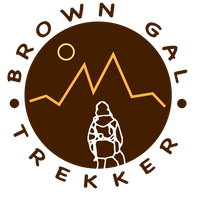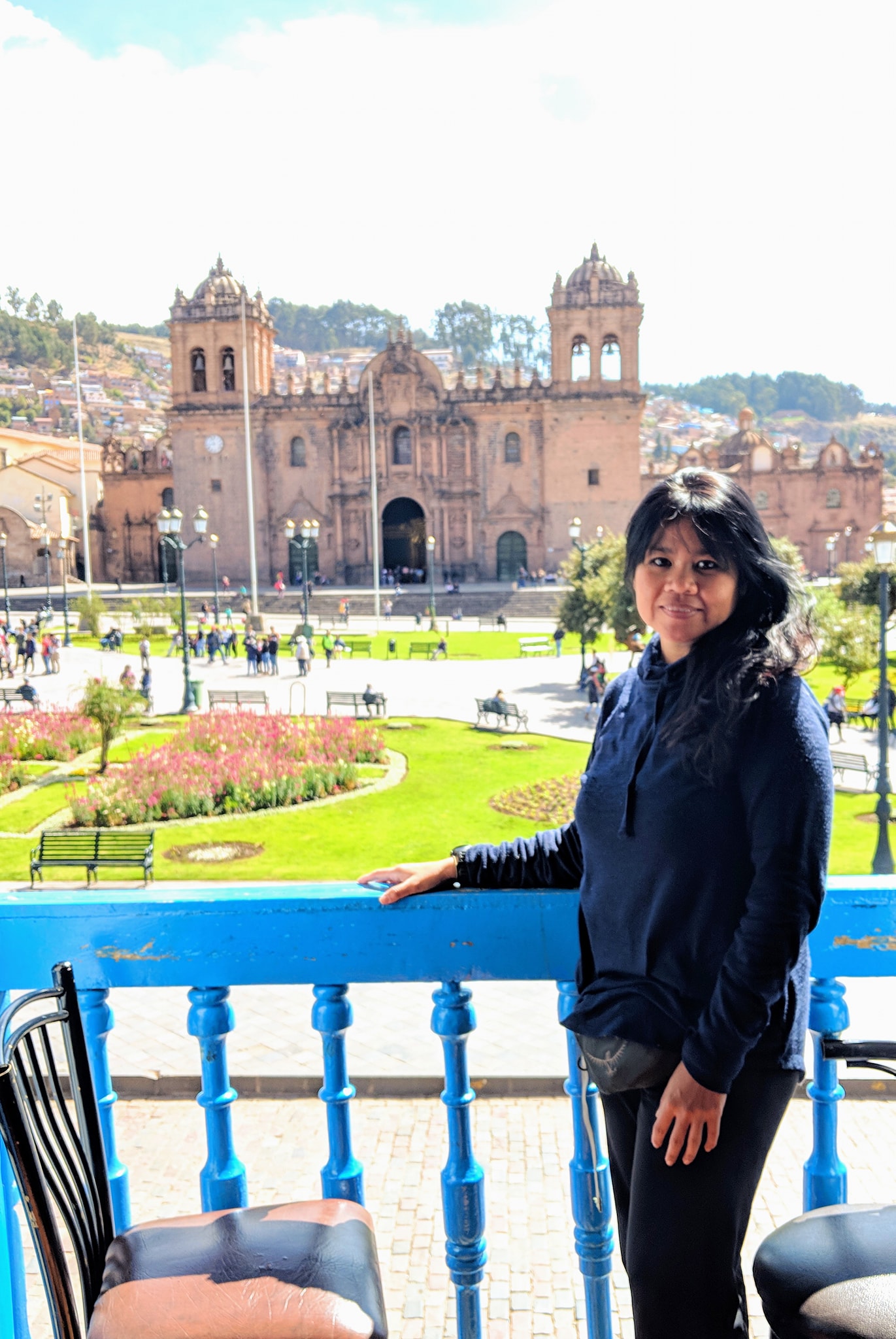There's No Such Thing as Rushing In Becoming a Global Nomad
If you want to be a global nomad or move to another country, they say give up everything all at once. Just do it. Quit your job. Sell the house. And buy that one way flight.
Here’s the thing — sure, it’s romantic but for most of us, nomads, it isn’t reality.
As I now have transitioned into becoming a global mountain nomad, more people are asking me how one gets here. However, I don’t subscribe to the above comment, let alone a strategy that is done in haste.
The truth is I became a nomad over a decade long process. So, when people ask me, “when did it start?” It started ages ago. Usually, whether we’re conscious of it or not, any desire we want begins with a thought and a feeling. I would even say that my journey started as early as 2002 when I first discovered Guatemala where I spent three months backpacking.
It took a while before I realized Peru was the place for me. It wasn’t until my visit in November, 2017 that Cuzco became the most viable nomadic home for me in South America.
The culture shock of traveling in Guatemala solo never left me. The romance with travel stayed with me until now. Between that time and now, I did learn more about the realities of travel and akin to any type of human relationship, my love for travel grew over time. During that time, I forced myself to be fully aware of the downsides of travel because to commit to it for the rest of my life renders a major impact in all aspects of my life. I wanted to avoid regret and mistakes as much as possible as we all do in life.
As you can see, it wasn’t until 2017 that I fully executed the thought of becoming a global nomad. I did it at the age of 40 which by nomad standard can arguably be deemed older than most nomads that you’d see on your travels.
Why did it take 15 years to take the plunge?
Fear.
In this scenario, fear was a good thing. I would note that fear served me well even if it took me 15 years. In fact, fear allowed me to enjoy a solid career as a lawyer/prosecutor in Washington, DC — quite a vibrant city to be a young professional and I must admit I enjoyed the fifteen year process of becoming a nomad even if the rat race in the end finally caught up with me. By virtue of practicing law for 15 years, it gave me the most important ingredient in becoming a nomad — it’s called contrast.
What is contrast? It’s the opportunity to see your life in one scenario versus another. Having that contrast cemented my desire and commitment to living a nomadic life. Without the solid 15 year career as a lawyer, I wouldn’t have had the chance to fully grasp my feelings about stability, security and predictability. From that experience, an adventurous version of myself was born naturally.
I’m finally home in the Andes mountains.
The fifteen year career also afforded me the chance to save money and address the practicalities of a nomadic lifestyle. It provided me with ample time to prepare. During the 15 year waiting period, I traveled to over 60 countries to narrow down the place I wish to reside or spend time in as a nomad. The waiting period allowed me to do research on my options when it came to immigration and legal status, housing, income sources, social support or network, among a slew of other aspects associated with being a nomad.
A more intangible of a preparation in my case is the mental and emotional aspect. How would I feel about being a new person in a foreign place? What about my inability to speak the language? How do I make friends? How do I feel about being alone in most instances as a traveler? Do I wish to get married and/or have kids? What about leaving behind my family and friends — will I feel sad or lonely? Needless to say, the waiting period was a time for me to reflect on critical questions that I needed to answer before I can commit to a nomadic lifestyle.
The pleasant surprise that arose from this waiting period was how I was able to hone my skills as a trip leader and organizer through Meetup.com where as an organizer I took people trekking overseas to over 30 countries in a span of a decade. Little did I knew then that over a decade later my role as an organizer was meant to transform me into a founder and CEO of a social enterprise that is focused on mountain trekking, local sustainable tourism, and equity and inclusion in the trekking tourism industry. This became the ultimate motivation for me to live as a nomad given that by doing so I’m able to effectuate the mission of my social enterprise in countries where it operates. I can also say that the knowledge and skills I gained as a lawyer in my 15 years of practicing have trained me well in initiating a social enterprise. If I launched my enterprise any sooner, I doubt that it would have been as innovative and expansive as it is right now.
Home…for now.
At this juncture, I hope I have painted a much more favorable picture of the process for becoming a nomad, in that there’s no reason to give into the pressure of rushing it. In fact, to be honest with you, the process of getting here has turned out to be equally as exciting as the actual day you turn into a nomad, so much so, that at times I find myself reminiscing about various aspects of the process including the challenges I had along the way to get here. As in any goal in life, the more time and effort you put forth towards it, the sweeter the outcome feels.
That cliche is so true here. In my case, as I set my eyes out at the mountains surrounding Cusco and the quaintness of its historic center, there’s no sweeter feeling than knowing that I finally made it home.
On the day the realization hits you that you’re truly a global nomad, you may find yourself sitting in your favorite cafe all the while unexpectedly speechless at the fact that you have achieved your dream of 15 years. After all, the only thing left for you to do is to live it.



